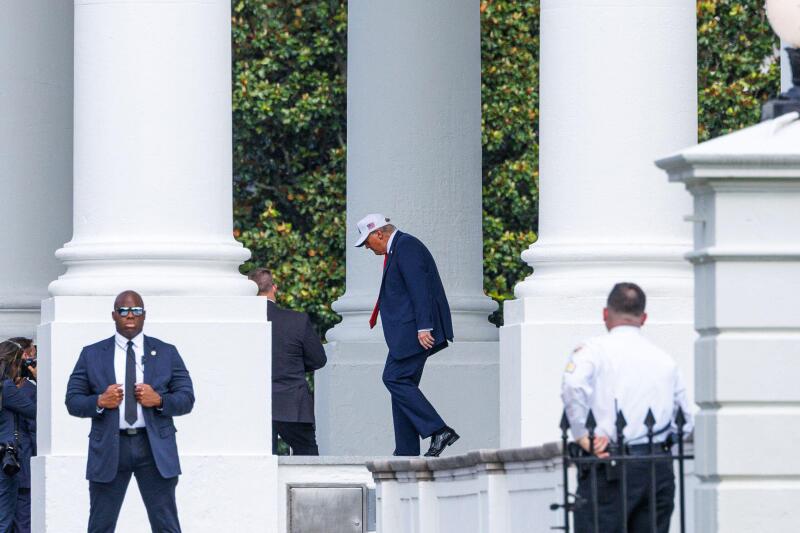
Many capital market participants breathed a sigh of relief when Section 899 was removed from US president Donald Trump’s budget reconciliation legislation, his so-called "big, beautiful bill".
The clause would have introduced a supplementary tax on foreign investors in US assets from countries that the Treasury Department had deemed to have imposed discriminatory taxes on the country's companies.
But the absence of immediate threats for capital markets ought to be of little solace in light of the radicalism and intransigence Trump has shown throughout the legislative process leading up to the bill’s passage by the House on Thursday.
The instability unleashed by the Trump’s tariff announcement on April 2 was the result of unbounded executive power in a country where checks and balances are under threat.
The express budget process is further evidence that the president will get what he wants, when he wants it. This is bad news for public markets that are built on stability and predictability.
The bill introduces changes of a daunting magnitude, headlined by $4tr in tax cuts over the next decade.
It makes sweeping cuts to Medicaid, which the Congressional Budget Office says will lead 12m people to lose access to healthcare.
It phases out a number of tax credits for wind, solar and battery projects, including some introduced by the previous administration’s flagship Inflation Reduction Act.
Perhaps most eye-catching are the enormous amounts allocated to the president's priority of immigration and border related spending: $45bn for new immigration detention facilities, $46.5bn for the Mexican border wall, and $29.9bn to finance Immigration and Customs Enforcement (ICE) enforcement and deportation operations.
To gain support from reluctant Republican legislators, Trump promised that future executive action would allay their respective concerns. A functioning legislative process should not rely on the granting of extra-legislative favours.
This is an egregious bill by an erratic president who has been freed to act as he pleases by crumbling institutions.
Capital markets should brace for more instability.
